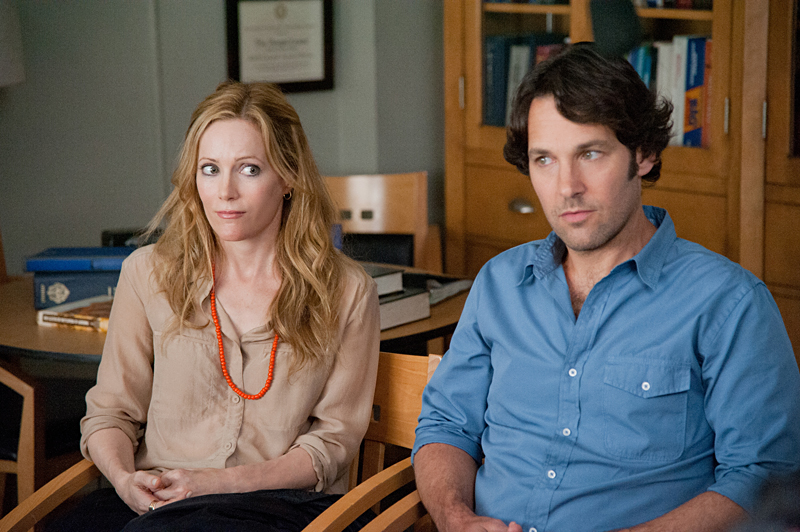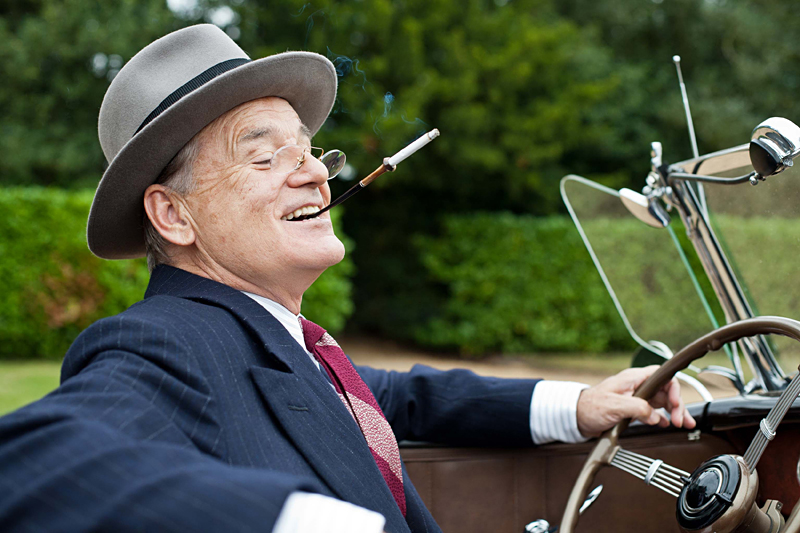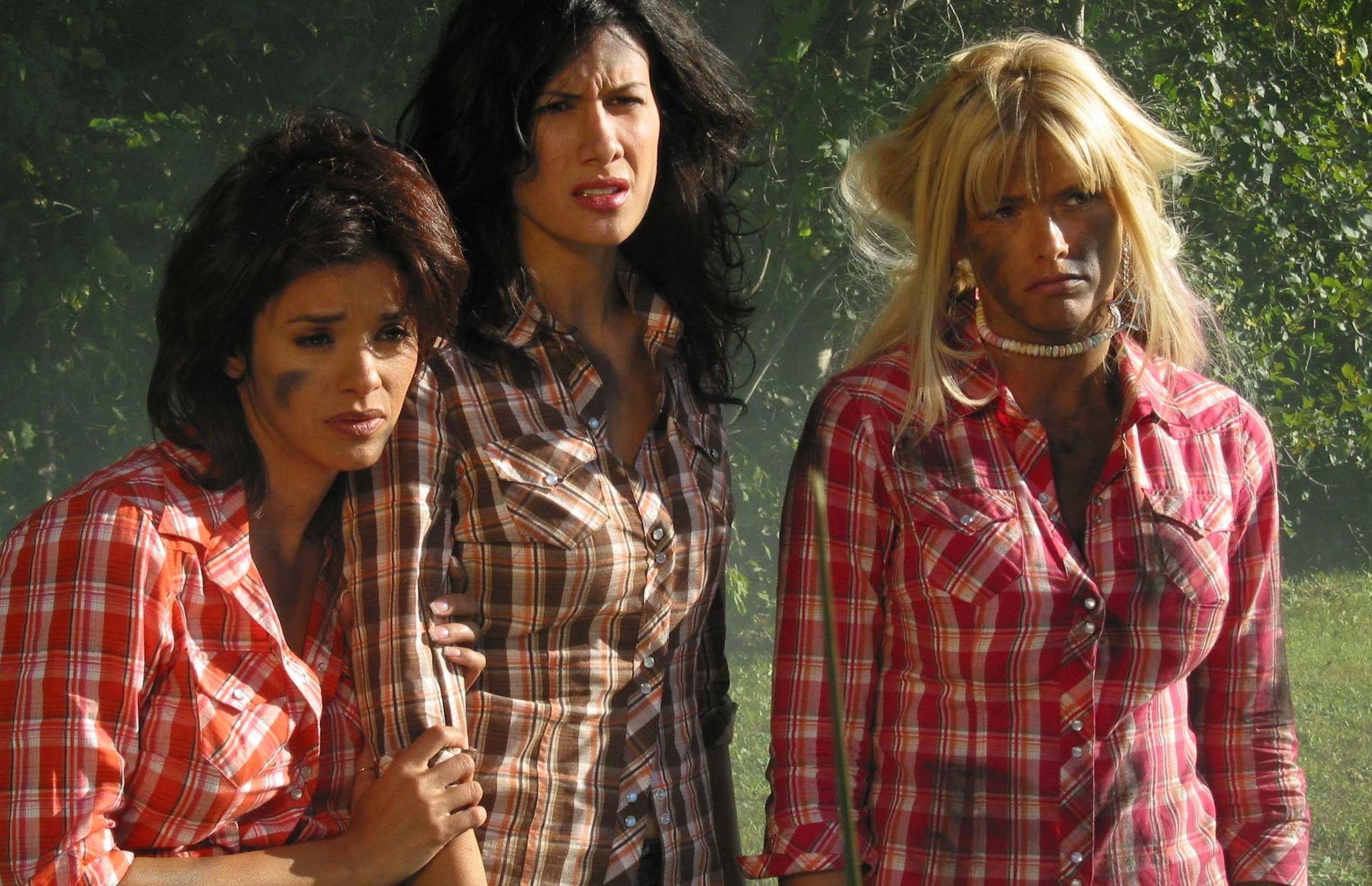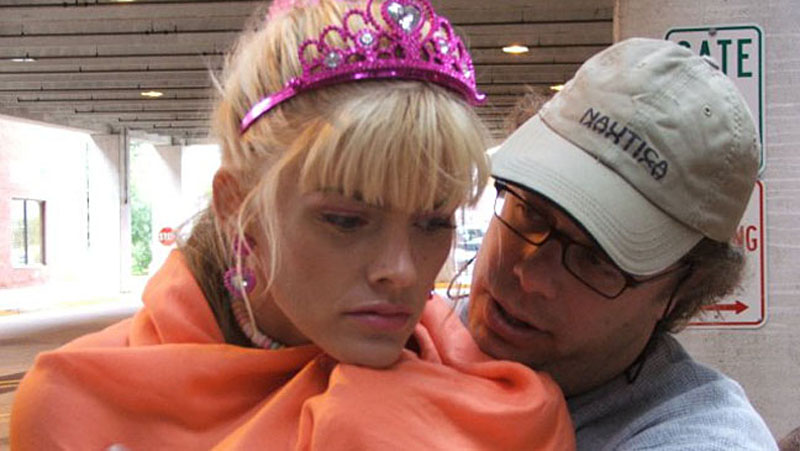Sadly, country songwriters stand as nearly the only entertainers in our popular culture who craft memorable art on the subject of marriage, the state in which just less than half of Americans spend the majority of their lives. A few years back, Brad Paisley compared the odds of newlyweds lasting to those of an airliner making it to its destination. He concludes, on the chorus, “If love was a plane, nobody’d get on.”
But we still board, despite knowing those odds. And nobody bucks against them harder than Judd Apatow, who has committed himself not only to matrimony but, with This Is 40, to something even less likely: making a good movie about it. He hasn’t quite succeeded, but he hasn’t made a bad one. In fact, the biggest problems with Apatow’s messy, sprawling, perceptive comedy have more to do with his goals than his execution. Jeanine Basinger diagnoses the difficulty he faces in her forthcoming book I Do and I Don’t: A History of Marriage in Movies: “Marriage had no story arc,” Basinger writes, describing old Hollywood’s reluctance to examine life after courtship.
So it’s easy to carp that This Is 40 is too long, too aimless, too alert to small resentments, and too stingy with the comic set pieces and gel-capped life lessons that made Apatow’s Knocked Up and The 40-Year-Old Virgin such hits. It’s even easier to complain, “The trailer promised big laughs and lots of triumphs, but other than those two happy minutes, the movie is devoted to showing us Leslie Mann and Paul Rudd pickle in each other’s presence.”
That’s all true. But those resentments are sharply observed, and the pickling is honest, more familiar from life than from movies, and almost always droll if not laugh-out-loud funny. A scene of husband Pete (Rudd) upsetting wife Debbie (Mann) with his bed farts is tinged with tragic truth—what is marriage but the process of acclimating to each other’s gases? More painful still is the moment when Debbie, seeking sex, bares the breasts she has been worrying over as her 40th birthday approaches—only to be rebuffed as Pete monkeys with his iPad. (Mann is Apatow’s real-world wife, and the children in the movie are Apatow and Mann’s real-world children, so all this naked-truth stuff is complicated.)
Occasionally, Apatow’s gifts for comedy and pain come together beautifully. Debbie and Pete laugh in bed about how much they hate each other, sometimes, and then how exactly they would murder each other. Her answer—a slow poisoning—gets more involved as she describes it, and Mann makes the most of her showcase. Debbie is the first female character in an Apatow film as engaging and fucked-up as the boys.
Rudd dampens his natural charm, but he’s also funny when not brooding. The Apatow children, though, are both marvelous. One searing eruption from Maude Apatow, age 13 at the time of filming, marks the film’s emotional high point.
This Is 40 offers story beats here, but nothing like a story. The family is having money troubles, which stands to reason considering both Debbie and Pete have cutesy movie-character jobs. Meanwhile, between fights and reconciliations, the couple frets about turning 40 and endures unsatisfying visits to and from their fathers (Albert Brooks and John Lithgow).
What the movie most resembles is a “harold,” one of those improv shows where the troupe takes one suggestion and then develops interrelated comic scenes based on everything that suggestion might possibly contain. Some scenes work; some don’t. Only one is as funny as those in Apatow’s first two films—it involves an agitated Melissa McCarthy—and a couple break the film’s reality.
Apatow hasn’t quite beaten the odds, and this film—like his undervalued Funny People, which improves with rewatching—will play best for audiences who know what they’re in for. Much like marriage, This Is 40 is somewhat formless, and it almost never hurries up. But life is improved by having the option.








